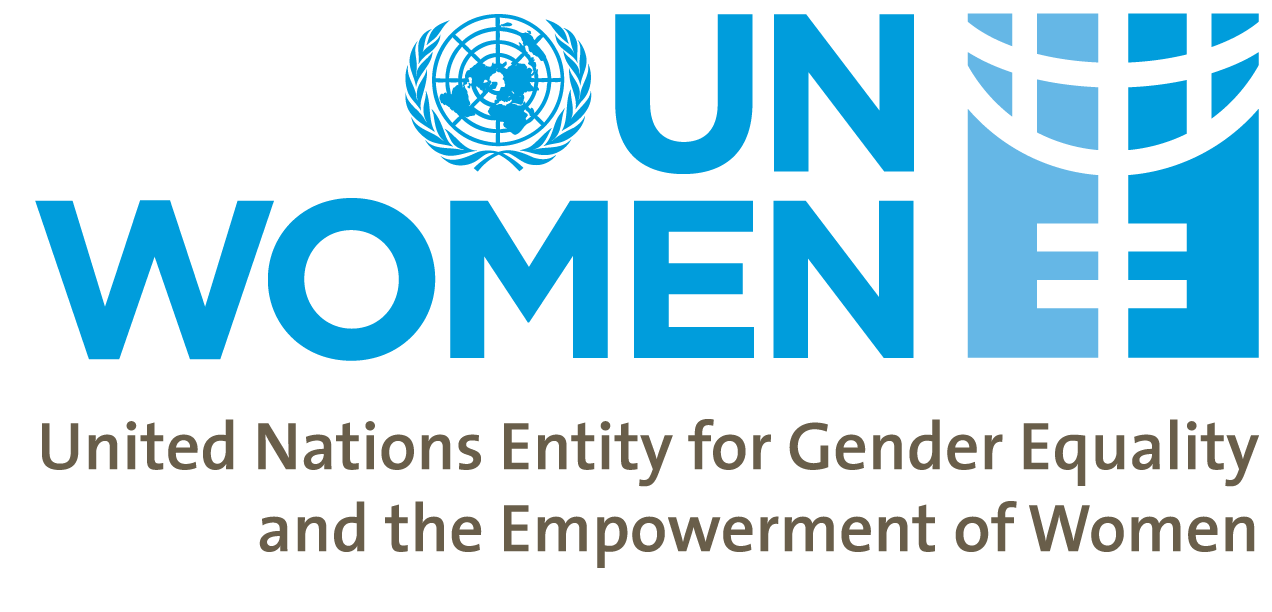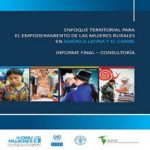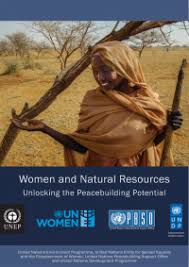In July 2010, the United Nations General Assembly created UN Women, the United Nations Entity for Gender Equality and the Empowerment of Women.
In doing so, UN Member States took an historic step in accelerating the Organization’s goals on gender equality and the empowerment of women.
The creation of UN Women came about as part of the UN reform agenda, bringing together resources and mandates for greater impact. It merges and builds on the important work of four previously distinct parts of the UN system, which focused exclusively on gender equality and women’s empowerment:
- Division for the Advancement of Women (DAW)
- International Research and Training Institute for the Advancement of Women (INSTRAW)
- Office of the Special Adviser on Gender Issues and Advancement of Women (OSAGI)
- United Nations Development Fund for Women (UNIFEM)
The main roles of UN Women are:
- To support inter-governmental bodies, such as the Commission on the Status of Women, in their formulation of policies, global standards and norms.
- To help Member States to implement these standards, standing ready to provide suitable technical and financial support to those countries that request it, and to forge effective partnerships with civil society.
- To hold the UN system accountable for its own commitments on gender equality, including regular monitoring of system-wide progress.
Members:
Resources
Displaying 11 - 15 of 33Enfoque territorial para el empoderamiento de las mujeres rurales en América Latina y el Caribe
América Latina y el Caribe (ALC) se presenta, ya entrado el siglo XXI, como un continente contradictorio y heterogéneo, en el que conviven realidades de profundas diferencias. A la vez que se destacan en el continente las llamadas economías emergentes por sus años sostenidos de crecimiento económico, perduran casos de persistente pobreza y precariedad social e institucional.
Enfoque territorial para el empoderamiento de las mujeres rurales en América Latina y el Caribe
América Latina y el Caribe (ALC) se presenta, ya entrado el siglo XXI, como un continente contradictorio y heterogéneo, en el que conviven realidades de profundas diferencias. A la vez que se destacan en el continente las llamadas economías emergentes por sus años sostenidos de crecimiento económico, perduran casos de persistente pobreza y precariedad social e institucional.
Enfoque territorial para el empoderamiento de las mujeres rurales en América Latina y el Caribe
América Latina y el Caribe (ALC) se presenta, ya entrado el siglo XXI, como un continente contradictorio y heterogéneo, en el que conviven realidades de profundas diferencias. A la vez que se destacan en el continente las llamadas economías emergentes por sus años sostenidos de crecimiento económico, perduran casos de persistente pobreza y precariedad social e institucional.
Realizing women’s rights to land and other productive resources
Aims to provide detailed guidance to support the adoption and effective implementation of laws, policies and programmes to protect women’s rights to land and other productive resources. Presents an overview of international and regional legal and policy instruments recognizing women’s rights to land and other productive resources, and discusses ways of advancing a human rights-based approach to them. Sets out recommendations in a range of areas accompanied by explanatory commentaries and good practice examples and case studies from countries.
Women and Natural Resources
Thirteen years after the adoption of UN Security Council Resolution 1325, investment in women as agents of change in peacebuilding remains inadequate. One of the unexplored entry points for strengthening womens contributions to peacebuilding relates to the way in which they use, manage, make decisions on and benefit from natural resources.




